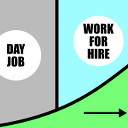


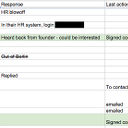



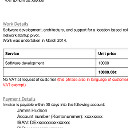

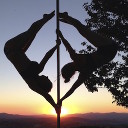



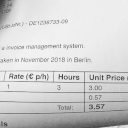

Do you dream of getting money for nothing: of putting an app in the store, and having endless money cascade onto you forever? So do the millions of people who download a "three-in-a-row matching game" template, then upload it to the App Store.
The App Stores are like massive flea markets. There are a few luxurious fun parks right next to the car park, then, stretching to the horizon, an endless slum of junk stalls. The barrier to entry is low, and the market is stitched up by a few players with huge marketing budgets and affiliate networks.
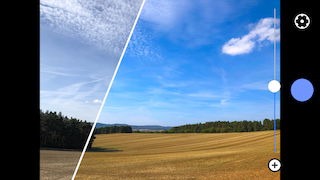
I've had 10-20 apps in the store for 5 years, and on average it's made me enough to buy a coffee each day. My app income is not a worthy compensation for the time I have put into them.
I think there is a rule-of-thumb for human psychology: the average adult will not think twice about paying about $1000 a year in local currency equivalent for a non-essential lifestyle item (coffee, gym membership, subscriptions, going out, etc.). And as a businessperson, it is also relatively easy to find this amount "lying on the ground". In other words, a revenue stream that doesn't require much effort to set up or maintain will bring in a maximum of about $80 per month. Any more than that requires a higher level of commitment or investment, and comes with real competition. I think upload-and-forget app development falls into the first category.
The chances of making any kind of sustainable income on the App Stores are remote, but you may as well put your intellectual property to work, and buy a burger every week with it. If you never put your software out there, the chances of you getting a lucky hit are absolutely zero.
Apps are best developed to support an existing business or service. Compared to a website, apps create extra value and prestige, through superior usability and better access to device features. In other words, it's a more worthwhile business to make apps for existing businesses. All of my personal apps are either fun projects which I wanted to make anyway, copies of ones that I didn't want to pay for, or were created to solve a specific personal problem of mine. They were uploaded to the App Stores as an afterthought.
There are three easy options for monetising your apps. Choosing the right monetization strategy can mean the difference between making bugger-all and absolutely nothing:
For paid apps to work, they must be well-made, and have little competition. You will be putting a hard brake on the “virtuous circle” of organic discovery if 100% of your users must pay, so the app needs to "sell itself". This usually means having unique technology that is difficult to copy. For example, my iOS Hands-Free Browser approximates in software some features which are found in Android phone hardware. No other developer has worked out how to do the vision processing well enough to make it feasible, so people pay for mine. It has also found a niche with people who have trouble using touchscreens.
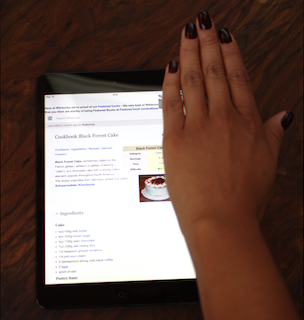
This is the new standard, as it gives people a chance to try before they buy. You can experiment with “freemium” products, or ramp up the cost as new features are added. You can also combine this with the other 2 options. You have nothing to lose this way. To add in-app-purchases to every project, create an “in app purchase” class which you can easily drop in.
If you have an app with consistently high downloads in affluent regions, then advertising may be a good idea. You can add an option to remove advertising, but only the rare fan of your app will ever do this.
Google is the go-to ad provider, especially since they can pay out in any country without you needing the dreaded W8-BEN US tax form. But you can also use broker networks who will automatically find the highest bidder for you from different advertisers. But for the amount we are talking about, it's probably not worth the extra hassle.
Imagine all your friends who own Android phones, all together. Now try to imagine that particular group of people ever paying anything for an app.
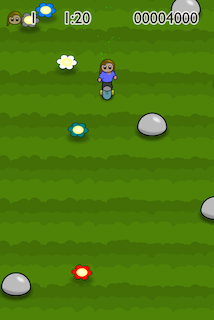
There are many more Android users, but they tend to make you an order of magnitude less income than iOS users. This is for three main reasons:
Just write apps for iOS, and only do Android if people beg you.
From an income perspective, just about anything else is a better use of your time than creating an App Store account full of toy apps. However, they are great as an online portfolio, and a good way to try out trending technologies before you use them in more serious projects. If you have an interesting idea, it's worth sharing it with the world, even if the financial rewards probably aren't there.
James Hudson
If you have any thoughts on this, please email me. Or at least "like" or "share" this post if you think others would appreciate it.
Needless to say, this blog isn't financial or legal advice, an excuse for getting fired, or promising that any of these ideas will work for you. The companies or people I mention may not agree with my opinions here. Don't do anything reckless, damaging or hurtful to anyone! In the future you might need your bridges unburnt. Images used under fair use, and are copyright their respective owners. (c)2014-2019 James Hudson